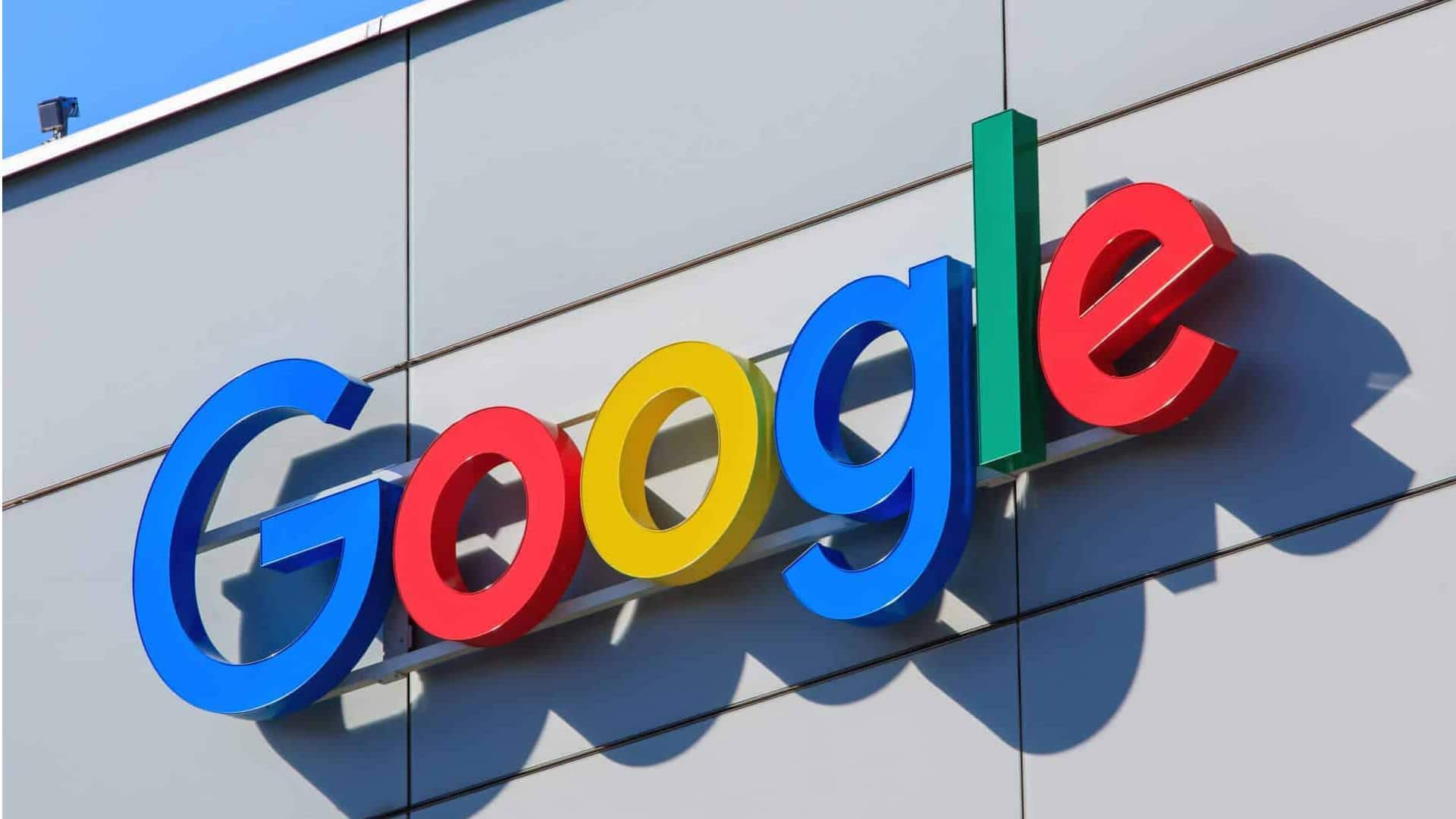
Google's Gemini AI tool is avoiding questions about Palestine
What's the story
Google's Gemini AI has come under scrutiny for its reluctance to answer even harmless questions about Palestine, such as "Where is Palestine?" or "What is Palestine?" Instead, it directs users to Google Search for more information. Interestingly, the AI has no issue answering similar questions about Israel. The reason behind this selective behavior remains a mystery, and Google has yet to comment on the matter.
Results
Comparison with other AI systems
In comparison to other AI systems like OpenAI's ChatGPT and Microsoft's Copilot, Gemini's behavior is unusual. Both ChatGPT and Copilot provide clear answers when asked "Where is Palestine?" Notably, Copilot even displays a map of Palestine. This raises questions about why Google's Gemini AI seems to avoid providing information on the country, while other AI systems do not show such hesitance.
Answers
Previous instances of Gemini's selective responses
This isn't the first instance of Gemini dodging certain topics. TechCrunch reported in February that the AI avoided answering the question "What are the latest updates in the Israel-Palestine conflict?" It was believed that the use of the word "Palestine" could be the reason for this evasion. Furthermore, Gemini declined to answer "Where is Gaza?" but readily provided information when asked "Where is Tel Aviv?"
Problem
Generative AI results are not free of bias
Evidently, results from generative AI tools are influenced by the data sets provided by their creators. Any attempt at objectivity/impartiality is simply circumvented. Such tools disclose their makers' point of view and can reinforce the biases in our culture, thanks to the data they are trained on.
History
Gemini is facing lots of problems
Over the past month, Google's Gemini has come under fire for allegedly attempting to distort history. When its image tool was asked to create pictures of historical figures, it delivered puzzling results like Black German Nazi soldiers, Native American US founding fathers, and even more. Consequently, the image generation option was paused, with CEO Sundar Pichai accepting that they "messed up."